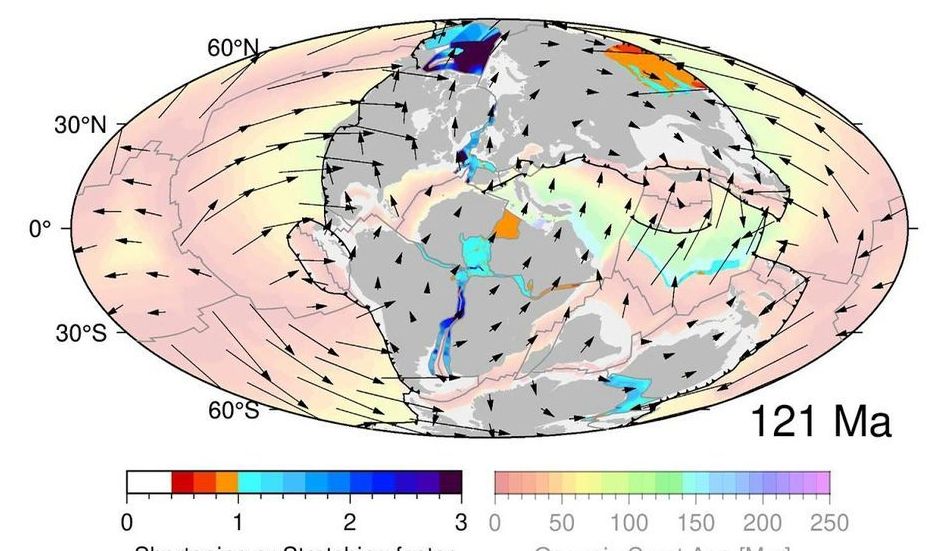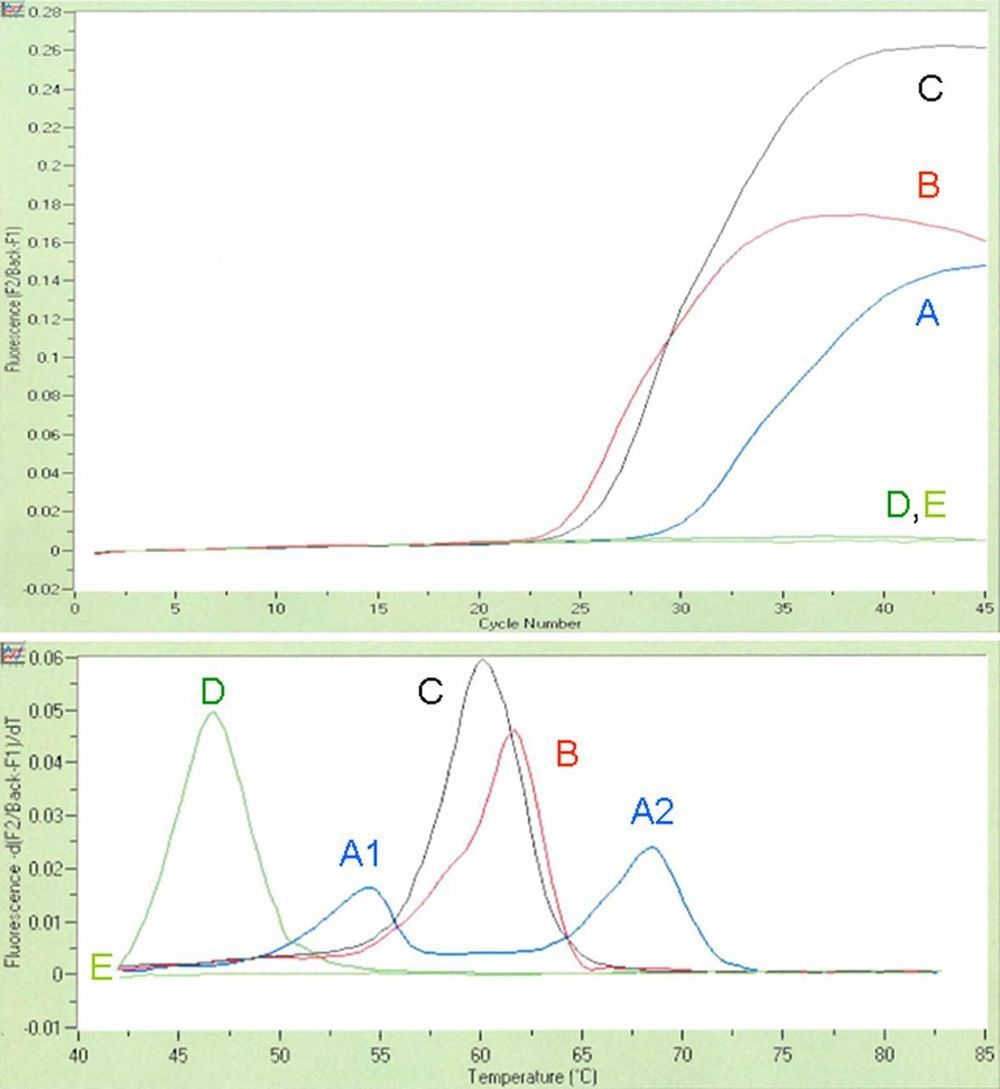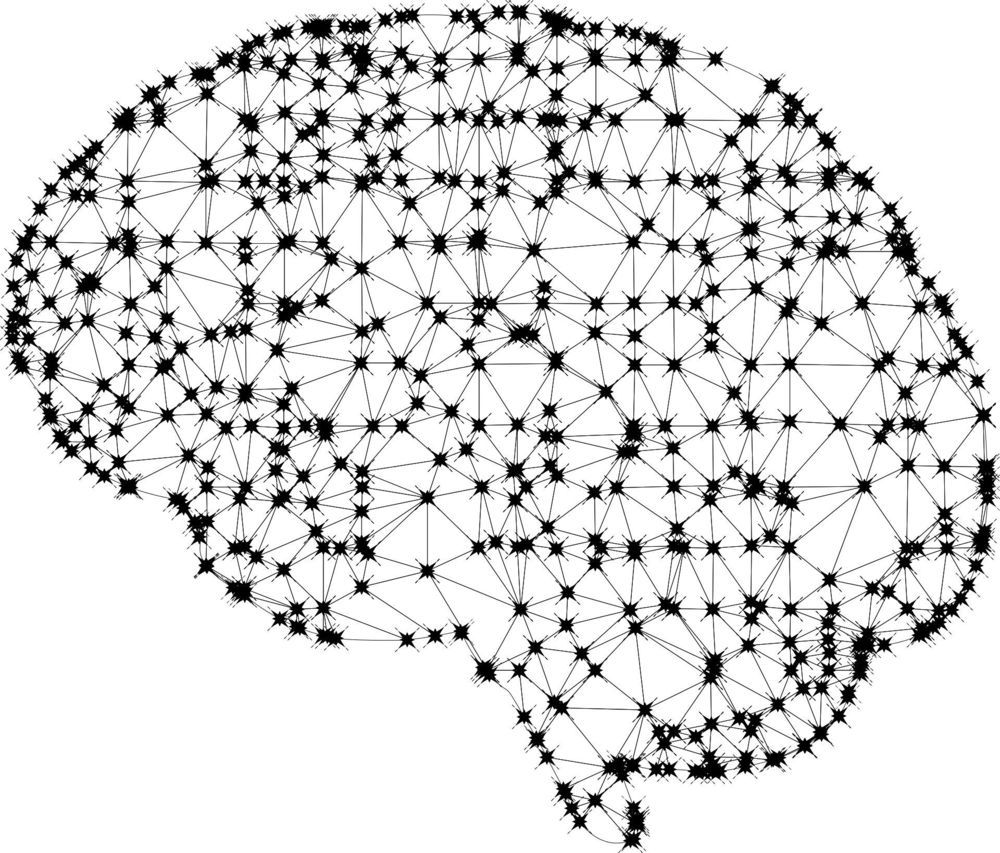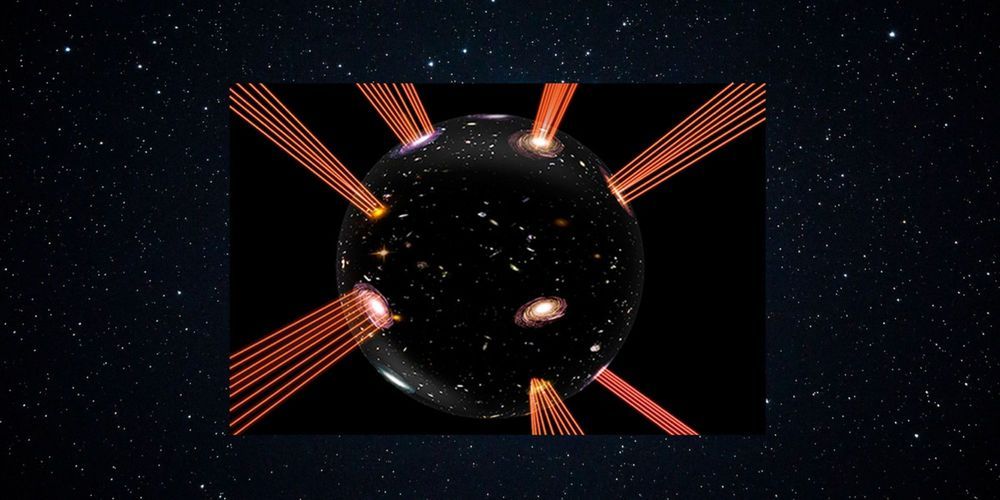Page 8850
May 8, 2019
Antimatter Is Both a Particle and a Wave, New Experiment Confirms
Posted by Quinn Sena in category: particle physics
Antimatter isn’t just made of antiparticles, it’s also made of waves. Now we know that this holds true even at the level of a single antimatter particle.
Physicists have known for a long time that just about everything — light and other forms of energy, but also every atom in your body — exists as both particles and waves, a concept known as particle-wave duality. That’s been shown again and again in experiments. But antimatter particles, which are identical to their matter partners, except for their opposite charge and spin, are much more difficult to experiment with. These twins of matter flit into existence fleetingly, usually in massive particle accelerators.
But now, physicists have shown at the level of a single positron — an antimatter twin of the electron — that antimatter, too, is made of both particles and waves.
Continue reading “Antimatter Is Both a Particle and a Wave, New Experiment Confirms” »
May 8, 2019
Army Demonstrates a Weapon That Shoots Laser-Guided Lightning Bolts
Posted by Quinn Sena in categories: climatology, military, particle physics
Over at Picatinny Arsenal, the research and development facility and proving ground for the U.S. Army’s weaponry, engineers are developing a device that shoots lighting bolts along a laser beam to annihilate its target. That’s right: lighting bolts shot down laser beams. This story could easily end right here and still be the coolest thing we’ve written today, but for the scientifically curious we’ll continue.
The Laser-Induced Plasma Channel (LIPC) can be used to destroy anything that conducts electricity better than the air or ground surrounding it (unexploded ordnance seems a good candidate here). It works off of some pretty basic principles of physics, using a laser to carve an electromagnetic path through the air that accommodates a high-voltage beam. Create that path, crank up the voltage, and your target is toast.
It works like this: a high intensity, super-short duration (maybe two-trillionths of a second) laser pulse will actually use air like lens—surrounding air focuses the beam, keeping the laser pulse nice and tight rather than scattering it. If the pulse is strong enough, it actually creates an electromagnetic field around itself that’s so powerful it strips electrons from air molecules, essentially creating a channel of plasma through the air. Since air is composed of neutral particles (that act as insulators) and the plasma channel is a good conductor (relative to the un-ionized air around it) the path of the laser beam becomes a kind of filament.
Continue reading “Army Demonstrates a Weapon That Shoots Laser-Guided Lightning Bolts” »
May 8, 2019
Denver first in U.S. to decriminalize psychedelic mushrooms
Posted by Quinn Sena in category: futurism
Denver is set to become the first city in the nation to effectively decriminalize psychedelic mushrooms after final ballot-counting flipped Initiative 301’s margin in favor of narrow passage.
May 8, 2019
5 Mysterious Photos Taken By NASA On The Moon! …
Posted by Alberto Lao in category: space

5 Mysterious Photos Taken By NASA On The Moon!
Our curiosity has led us to investigate, every aspect and every corner of the moon.
But sometimes, when you’re looking for something, you can find unpleasant surprises, which may disturb you for a long time.
May 8, 2019
We Might Finally Be Able to Safely Drink Salt Water
Posted by Quinn Sena in category: sustainability

Scientists think they’ve solved the pressing problem of desalination, which could radically improve water sustainability.
May 8, 2019
Characterization of a Novel Melt Curve
Posted by Quinn Sena in category: biotech/medical
We characterize a novel probe binding-site polymorphism detectable solely by melt curve analysis using the Roche LightCycler HSV 1/2 analyte-specific reagent real-time PCR assay. The frequencies of this novel (47°C) and previously described intermediate (60 to 62°C) melt curves were 0.016% and 4.9%, respectively.
The clinical spectrum of herpes simplex virus (HSV-1, HSV-2) infection ranges from subclinical mucosal shedding to vesicular or ulcerative lesions of skin and mucous membranes, hepatitis, keratitis, pneumonitis, sepsis, and meningoencephalitis. For laboratory diagnosis, laborious cell culture techniques have been largely supplanted with real-time PCR (qPCR) due to marked improvements in test sensitivity and turnaround time. Various laboratory-developed and commercially available qPCR products (analyte-specific reagents [ASR]; FDA approved) exist. In the United States, the LightCycler HSV 1/2 ASR real-time PCR assay (HSV qPCR; Roche Diagnostics, Indianapolis, IN) is commonplace, being used by about 30% of clinical laboratories according to a recent College of American Pathologists (CAP) participant summary.
Circa 2011 Talks about he lightcycler.
Carl T. Wittwer, M.D., Ph.D.
Seminal technology continues to be a work in progress.
May 8, 2019
Researchers make transformational AI seem ‘unremarkable’
Posted by Quinn Sena in categories: biotech/medical, robotics/AI
Physicians making life-and-death decisions about organ transplants, cancer treatments or heart surgeries typically don’t give much thought to how artificial intelligence might help them. And that’s how researchers at Carnegie Mellon University say clinical AI tools should be designed—so doctors don’t need to think about them.
A surgeon might never feel the need to ask an AI for advice, much less allow it to make a clinical decision for them, said John Zimmerman, the Tang Family Professor of Artificial Intelligence and Human-Computer Interaction in CMU’s Human-Computer Interaction Institute (HCII). But an AI might guide decisions if it were embedded in the decision-making routines already used by the clinical team, providing AI-generated predictions and evaluations as part of the overall mix of information.
Zimmerman and his colleagues call this approach “Unremarkable AI.”
Continue reading “Researchers make transformational AI seem ‘unremarkable’” »
















